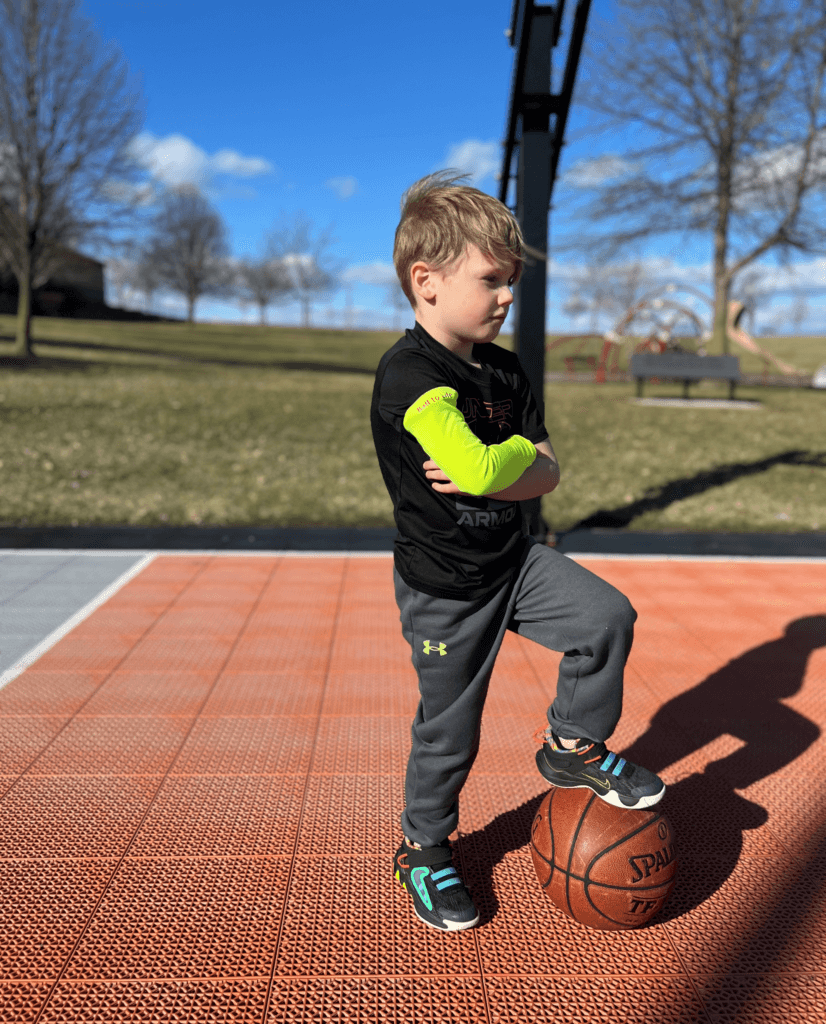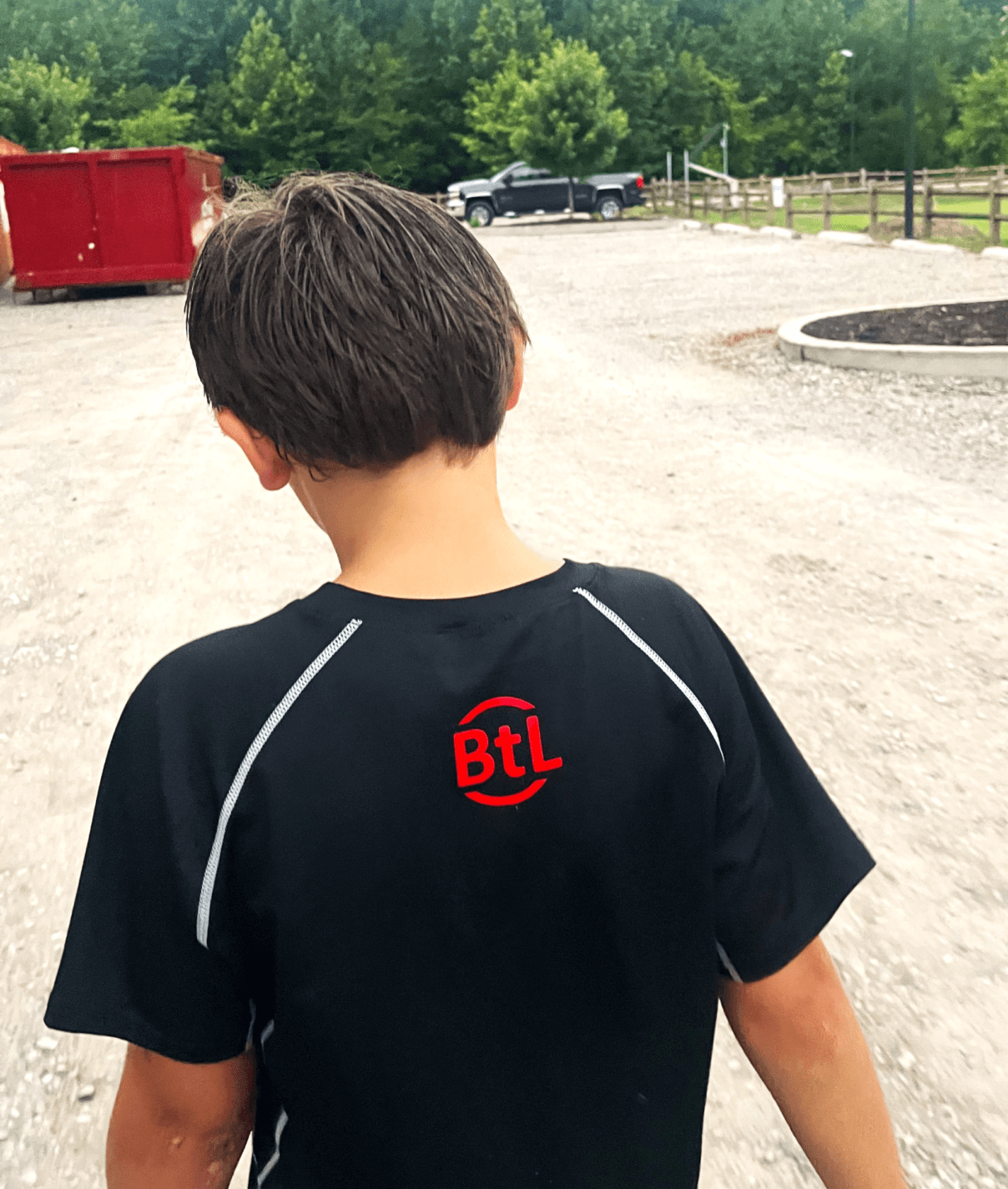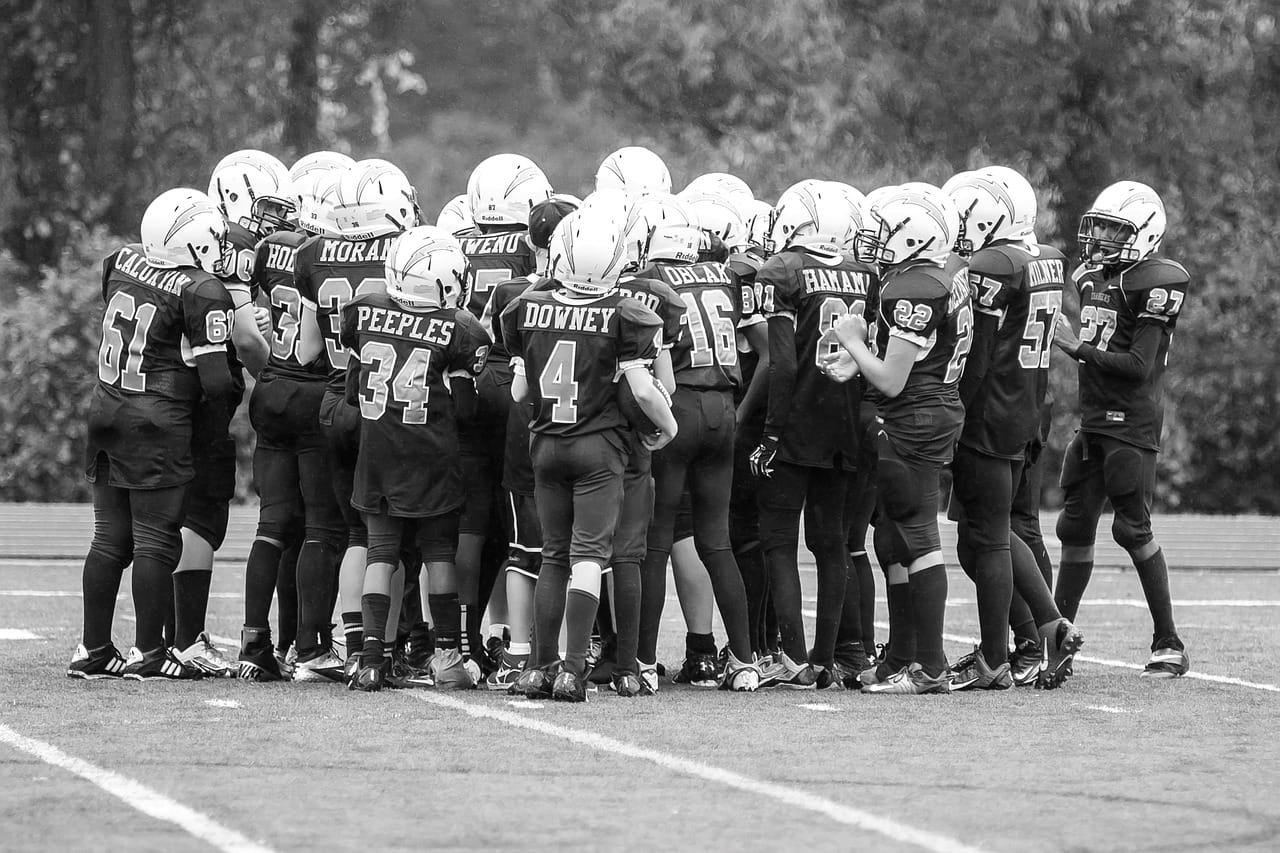
Self confidence is the key to unlocking our true potential, both on and off the field. It allows us to showcase our talents and perform at our best. While self confidence comes naturally to some, many others find it elusive. In previous posts, we’ve explored the importance of positive self-talk and replacing self-doubt. But how does practice tie into building self confidence? Often overlooked, practice and self-confidence are deeply connected.
Practice and the Process
In our post Turning Dreams to Reality, we delved into the “Process”—the work required to achieve greatness. While the relationship between practice and skill development is obvious, the impact of practice on self confidence is just as significant. Let’s explore how the work we put in boosts our mental edge.
Self Confidence: 90% Mental
Self-confidence is largely a mental game. It’s shaped by how we handle adversity, how we talk to ourselves during tough times, and how we perceive our abilities. These mental factors often determine our level of confidence when facing challenges. But here’s the key: practice can help bridge the gap between what we think and what we believe about ourselves.
Practice Builds Self Confidence
Practice is the gateway to self-belief. Putting in consistent, focused effort builds confidence because it eliminates doubt. When athletes know they’ve prepared physically, their mental confidence increases exponentially. Off-season and in-season work are vital not just for skill development but for fostering self-assurance.
The skills gained through practice instill a belief in athletes that they can execute under pressure. When the game is on the line, a confident athlete won’t shy away from making a play. They’re also less likely to fear making mistakes in high-stakes moments because they trust their preparation.
Team Confidence Matters Too
The same principle applies to teams. When a team collectively puts in the work, they’re not just physically ready—they’re mentally prepared. Preparation gives teams the confidence to make critical decisions and adjustments under pressure. For both individuals and teams, the work done beforehand builds the belief that success is achievable.
Beyond Practice: The Mental Edge
While practice is crucial, self confidence isn’t solely about physical preparation. Mental skills—like controlling internal dialogue and staying positive—are equally vital. These skills help athletes stick to the process of skill development, even when progress feels slow.
The combination of mental and physical preparation creates the foundation for greatness. Without mental toughness, physical preparation can feel meaningless. Conversely, mental strength without physical readiness won’t lead to success either. Balancing these components is key.
The Formula for Success
Self confidence requires both mental and physical preparation. Too often, athletes focus solely on physical training without addressing the mental aspects. Yet, the two are deeply intertwined. Developing mental resilience alongside physical skills is the ultimate way to reach peak performance—in sports and in life.
By focusing on both areas, athletes and teams can achieve their highest potential. Combining mental strength with physical preparation is how we climb the mountain of success, whether in ball or life.
BtL
Subscribe to our email list to get our content direct to your inbox!
Follow us on Facebook, Twitter and Instagram
To learn more about Ball to Life and our mission, click here.
If you are struggling with mental health, reach out to somebody you trust. If you don’t know where to go, click HERE to get started.

